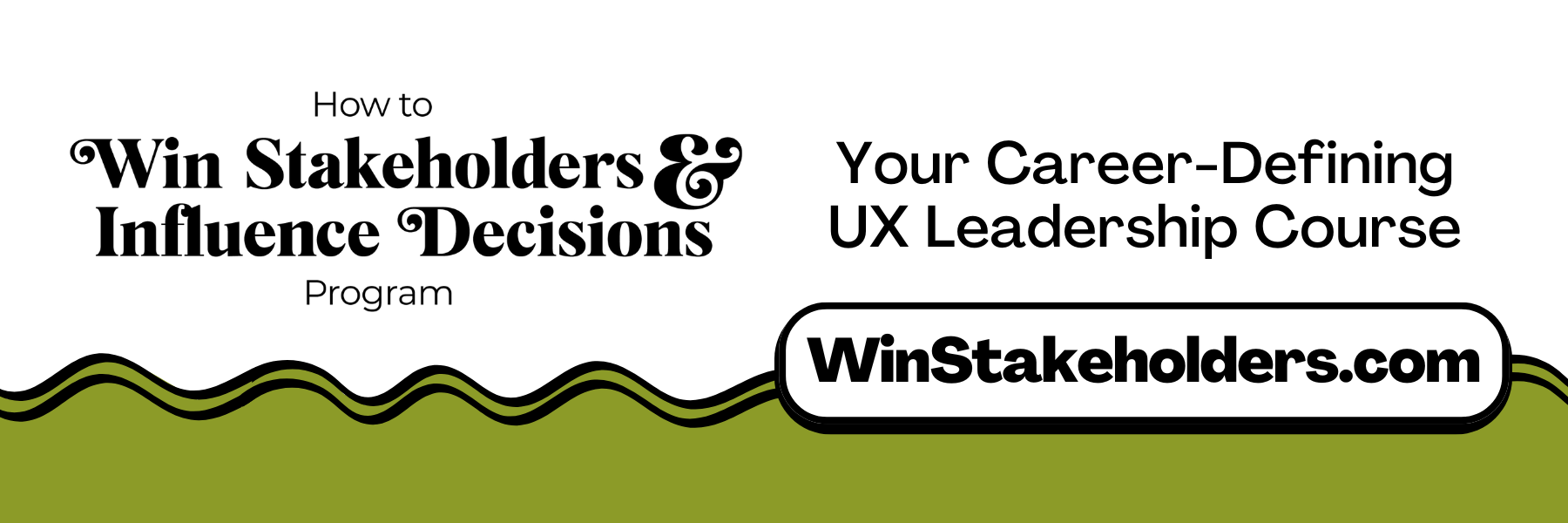Execution is Everything
This article was originally published at eleganthack.com on September 15, 2014.
Every published writer has had it—the people who come up to you and tell you that they’ve Got An Idea. And boy, is it a Doozy. It’s such a Doozy that they want to Cut You In On It. The proposal is always the same—they’ll tell you the Idea (the hard bit), you write it down and turn it into a novel (the easy bit), the two of you can split the money fifty-fifty.
Neil Gaiman, Where Do you Get Your Ideas?
In my years in the Silicon Valley, I’ve had a similar experience to Neil Gaiman’s: I sit down with a new entrepreneur with “a big idea” and they ask me to sign an NDA. A nondisclosure agreement usually swears the parties to not talk about the ideas, or copy them. These kids are convinced that their idea is so precious and amazing that the hard work has been done. Nothing left to get a’coding! I usually refuse. Ideas, like NDAs, aren’t worth the paper they are printed on.
I almost never hear a new idea. In fact, it’s rare I hear an idea I haven’t thought of myself, unless it’s in an industry I’m unfamiliar with. It’s not because I’m a genius (I’m not). It’s that ideas are easier to come up with than you think. What’s hard—really hard—is moving from an idea to a reality. It’s hard to find the right form of an idea, a form that will let consumers see its value, understand how to interact with it, and feel excited enough to pay for it. That is so hard that it often takes a team of people to do it. And that’s when the level of hard goes even higher. Suddenly you have to find a way to hire the right people, get them all focused on the right thing and make sure no one forgets why they got together in the first place in this world of interesting (and profitable) other things to do.
The writers. The musicians. They struggle, and they only have to manage themselves! The filmmakers and the entrepreneurs have even a greater challenge. Yet somehow these people manage to fight against the long odds against them to make their idea take form. How do they do it, when so many other fail to make it past the “I’ve got an idea!” stage? It’s not important to protect an idea. It’s important to protect the time it takes to make it real. You need a system to keep you—and your team—aimed at your goal when the world seems determined to throw shiny objects at you.
A System for Execution
The system I use is made up of three simple parts. One: set inspiring and measurable goals. Two: make sure you and your team are always making progress toward that desired end state. No matter how many other things are on your plate. And three: set a cadence that makes sure the group both remembers what they are trying to accomplish and holds each other accountable.
Inspiring and Measurable Goals
I use OKRs for goal setting. I’ve written about OKRs before, so I won’t go into them at length here. In short, this is a system originated at Intuit and has been used by folks such as Google, Zynga, Linkedin and General Assemb.ly to promote rapid and sustained growth. O stands for Objective, KR for Key Results. Objective is what you want to do (Launch a killer game!), Key Results are how you know if you’ve achieved them (Downloads of 25K/Day, Revenue 50K/Day). OKRs are set annually and/or quarterly, and unite the company behind a vision.
The objective is inspiring and motivates those people who don’t dig numbers. For those who do love numbers, the key results keep the objective real. I know I’ve got a good objective when you leap out of bed in the morning, eager to make it happen. I know I’ve got the right key results when you are also a little scared you can’t make them.
Tying Actions to Goals
When I first started learning about productivity systems, I heard of the Important/Urgent matrix. It’s a simple foursquare with two axis. The first is important and unimportant. The second is urgent and not urgent. We should spend time in important and urgent, and do. We should spend time in important but not urgent and not in unimportant but urgent, yet… urgent is so… urgent! It’s mentally quite difficult to drop things that don’t matter (especially if someone is nagging us). So a solution is to time-bound things that are important but not urgent, making them urgent.
Let’s start with a personal example. Let’s say you have been meaning to sign up for a personal trainer, because you suck at getting to the gym. Yet week after week goes by, and it never seems to happen. You could try making your health an objective for a quarter, and key results involve muscle mass, weight and emotional well-being. Each Monday you set three tasks to complete against the goal. One might be call a personal trainer. Next you find someone to hold you responsible. A friend, a coach or a spouse are all good picks. Now, if you don’t complete it, you will be held responsible to someone.
In a work example, it might be any number of things, from optimizing a database to create a faster site and increase customer satisfaction to redoing all your material with the new brand so your company doesn’t look unprofessional. The OKRs set goals, the weekly priorities remind you to achieve them.
As well, if you review the priorities each week, you discover what conditions allow you to achieve them. And, more valuable, what keeps you from getting things done. In my experience, many people fall into two camps of mis-estimating: those who think they can do anything and constantly overestimate what they’ll accomplish and those who sandbag. As a manager, learning who is who lets me know who to push and who to question. As well, tracking lets the employee learn to know themselves better, a good outcome all by itself.
Cadence
Starting every week with a public setting of priorities is powerful. You commit to the team and to each other to make the objective occur. A Friday celebration of what’s been accomplished is the second bookend of a high-performing team’s week. This commit/celebrate cadence creates a habit of execution.
Beware Greeks Throwing Golden Apples
When I was a kid, one of my favorite Greek myths was that of Atalanta. She was the fastest runner in Sparta, and did not care to be married. Her father, being worst than medieval—ancient Greek—did not agree to that plan, and set up a contest in which young men would race to win her hand in marriage. She begged to also race, to keep her freedom. He agreed to keep her placid, never thinking she might win.
The day of the race she was so amazingly swift she might have won. Except a clever lad, Hippomenes, managed to lay hands on three golden apples and rolled them into her path each time she started to pull ahead. She kept pausing to pick them up, and Hippomenes beat her by a nose. If she had only set some clear goals and stuck to them, she might be ruling the city footloose and fancy-free!
Every startup will run into golden apples. Maybe it’s a chance to take stage at an important conference. Maybe it’s one big customer that asks you to change your software for them. Maybe it’s the poisoned apple of a bad employee who distracts you while you wring your hands over what to do about him. A startup’s enemy is time, and the enemy of timely execution is distraction.
By setting good goals and committing to working toward them each week while celebrating your victories, a company can having amazing and focused growth. No matter what kind of apples roll across their path.
The Executioner’s Tale
My book, The Executioner’s Tale is a fable of a small startup that almost didn’t make it.
Hanna and Jack start out as dreamers. They start out being really good at having an idea. They are good at hoping everything will work out well. They soon find out that a good idea is not enough: they need a system for making dreams happen. By the end of the tale, they are not longer just dreamers. They are executioners.
How to Win Stakeholders & Influence Decisions program

Our 16-Week program guides you step-by-step in selling your toughest stakeholders on the value
of UX
research and design.
Win over the hardest of the hard-to-convince stakeholders in your organization. Get teams to
adopt a
user-centered approach. Gain traction by doing your best UX work.
Join us to influence meaningful improvements in your organization’s products and services.
Learn more about our How to Win Stakeholders & Influence Decisions program today!

